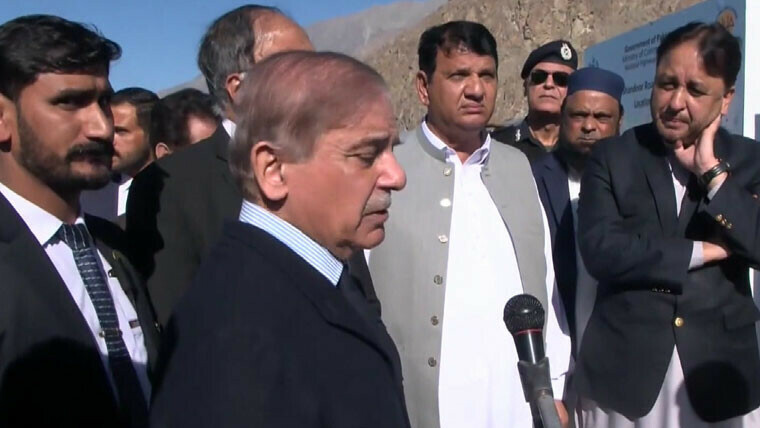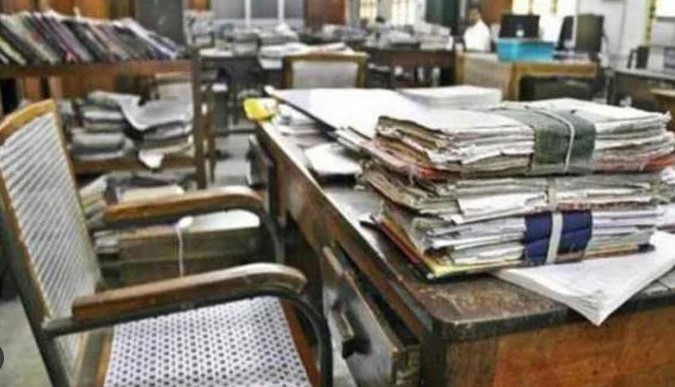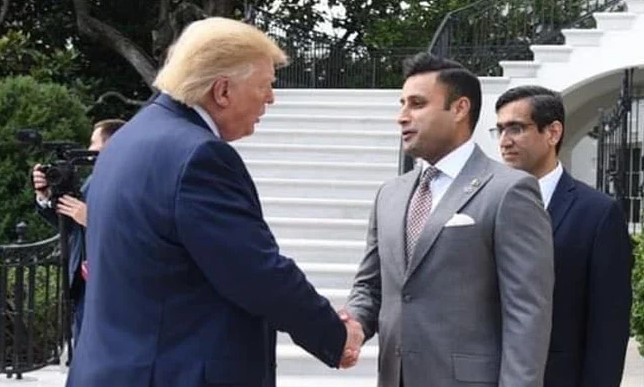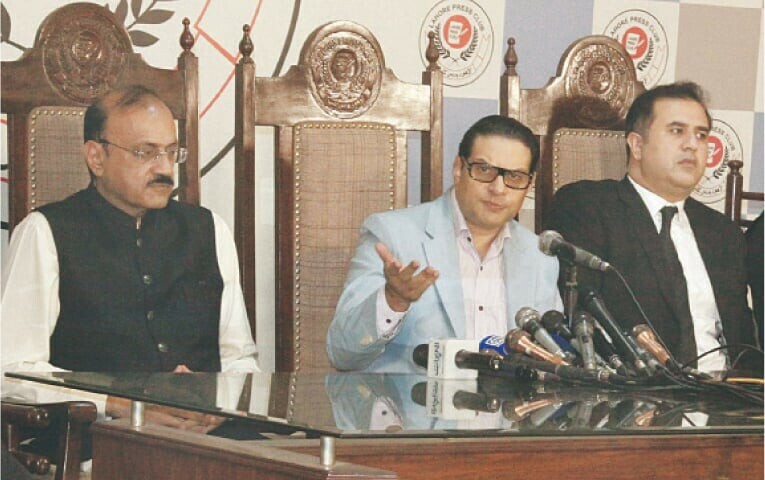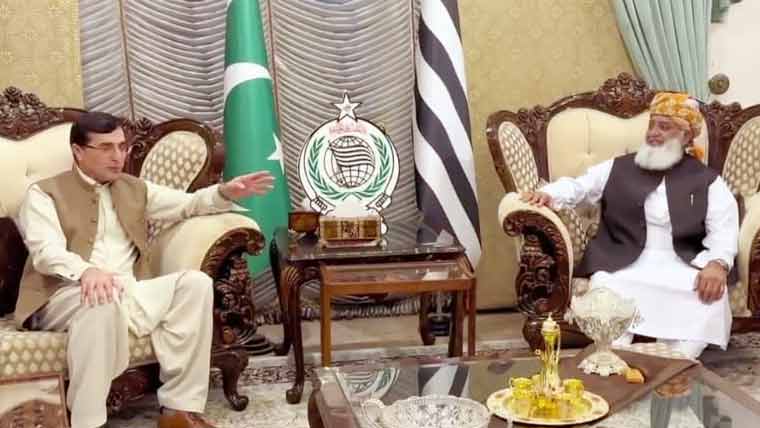POLITICS & POLICY MAKING
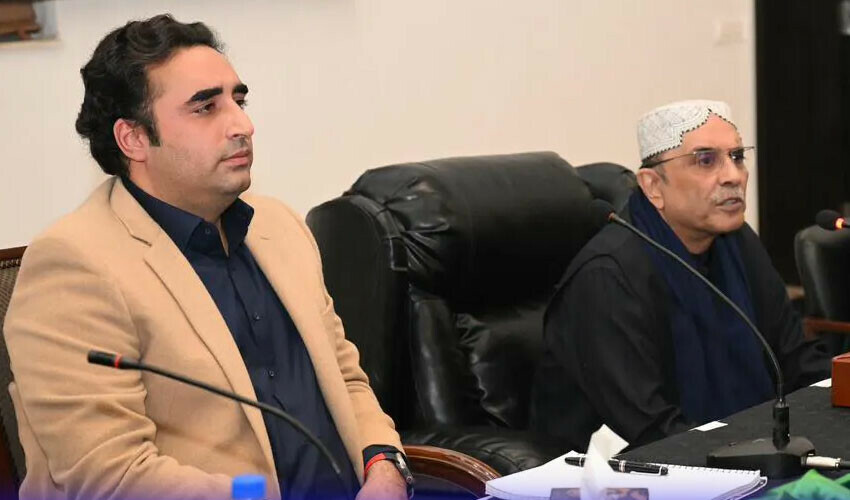
Pakistan People’s Party (PPP) Chairman Bilawal Bhutto Zardari has raised concerns with the government, accusing the Pakistan Muslim League (Nawaz) (PML-N) of failing to fulfill promises regarding equal representation in the Judicial Commission. As one of the government’s key allies, PPP's leadership is reportedly discontent with the lack of coordination and consultation on significant appointments and decisions, signaling potential tensions within the coalition.
Sources indicate that Bilawal Bhutto Zardari even withdrew his nomination from the Judicial Commission as a form of protest, a move seen as highlighting his dissatisfaction with the government’s actions. PPP insiders reveal that the party had initially been promised equal representation with PML-N in the Judicial Committee, but those assurances appear not to have been honored.
The PPP’s Central Executive Committee (CEC) will soon meet to deliberate on the party's future with the ruling coalition. This pivotal meeting will take place upon Bilawal’s return, and significant decisions regarding PPP’s political strategy are expected.
Background on Judicial Commission Composition:
Initially, the government coalition nominated Bilawal Bhutto Zardari from the National Assembly for the Judicial Commission, while PML-N selected Senator Irfan Siddiqui from the Senate. Subsequently, however, PML-N MP Sheikh Aftab was added to the Commission, with additional representatives including PTI’s Umar Ayub, female member Roshan Khurshid Brocha, PPP’s Senator Farooq Naik, and PTI’s Senate Opposition Leader Shibli Faraz.
The Judicial Commission, restructured under the 26th Constitutional Amendment, is to be chaired by the Chief Justice of Pakistan and includes a total of 13 members, comprising senior judges, the Law Minister, the Attorney General, and a Pakistan Bar Council representative.
Historical Shift:
In a significant constitutional shift, the Chief Justice's position in Pakistan is now filled through a parliamentary committee decision—a departure from previous practice, where the most senior Supreme Court judge was traditionally appointed as Chief Justice following the Al-Jihad Trust case ruling.
